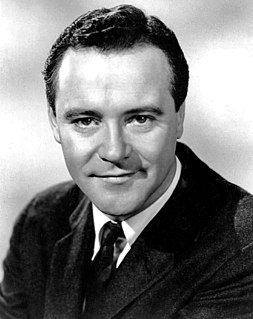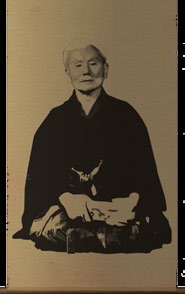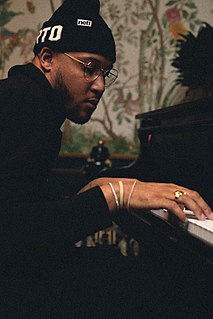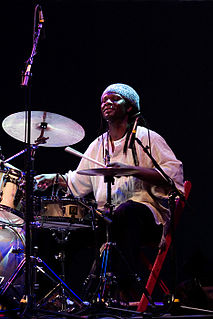A Quote by Steve Goodier
The key to good listening isn't technique, it's desire. Until we truly want to understand the other person, we'll never listen well.
Related Quotes
Acting doesn't have anything to do with listening to the words. We never really listen, in general conversation, to what the other person is saying. We listen to what they mean. And what they mean is often quite apart from the words. When you see a scene between two actors that goes really well you can be sure they're not listening to each other - they're feeling what the other person is trying to get at. Know what I mean?
When listening to another person, don't just listen with your mind, listen with your whole body. Feel the energy field of your inner body as you listen.That takes attention away from thinking and creates a still space that enables you to truly listen without the mind interfering. You are giving the other person space-space to be. It is the most precious gift you can give.
More and more I've come to understand that listening is one of the most important things we can do for one another. Whether the other be an adult or a child, our engagement in listening to who that person is can often be our greatest gift. Whether that person is speaking or playing or dancing, building or singing or painting, if we care, we can listen.
There's a morality... I think there's a moral compass but whether that comes from religion or just from being a good person, and where one starts and the other begins... I'm a good person, I hope. But I'm never as good as I want to be, never as nice as I want to be, never as generous as I want to be.
When I started out as an actor, I thought, Here's what I have to say; how shall I say it? I began to understand that what I do in the scene is not as important as what happens between me and the other person. And listening is what lets it happen. It's almost always the other person who causes you to say what you say next. You don't have to figure out how you'll say it. You have to listen so simply, so innocently, that the other person brings about a change in you that makes you say it and informs the way you say it.
Deep listening is the kind of listening that can help relieve the suffering of another person. You can call it compassionate listening. You listen with only one purpose: to help him or her to empty his heart. Even if he says things that are full of wrong perceptions, full of bitterness, you are still capable of continuing to listen with compassion. Because you know that listening like that, you give that person a chance to suffer less.
The difference between listening and pretending to listen, I discovered, is enormous. One is fluid, the other is rigid. One is alive, the other is stuffed. Eventually, I found a radical way of thinking about listening. Real listening is a willingness to let the other person change you. When I’m willing to let them change me, something happens between us that’s more interesting than a pair of dueling monologues.
Vocation does not come from willfulness. It comes from listening. I must listen to my life and try to understand what it is truly about-quite apart from what I would like it to be about-or my life will never represent anything real in the world, no matter how earnest my intentions…..Before I can tell my life what I want to do with it, I must listen to my life telling me who I am. I must listen for the truths and values at the heart of my own identity, not the standards by which I must live-but the standards by which I cannot help but live if I am living my own life.
When I play with people, one of the first rules is to listen. Just by the near fact that you listen and you're open to listening, or you're listening and you're open to what this other person is doing. Also you going to be open to what you're doing and you're not going to have it like 'planned out'.






























